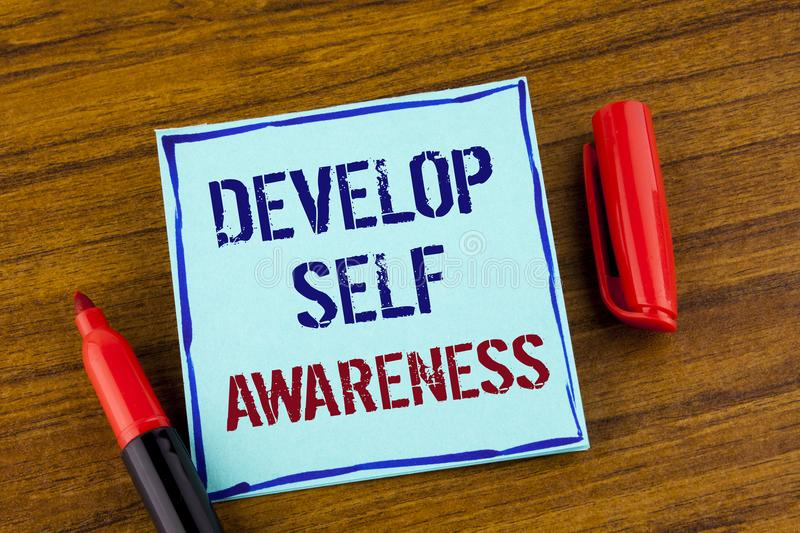Top 7 Health Benefits of Meditation
Numerous studies have proven the benefits of regular meditation. These can include decreased stress, improved concentration, lower blood pressure, and reduced ... read more...symptoms of anxiety and depression, just to name a few. And while there are different types of meditation, they can all offer a similar set of proven benefits for mental and physical health. Here's what research has found about health benefits of meditation.
-
Mindfulness meditation improves your ability to focus and concentrate better in the present moment. A 2011 Harvard Medical School study looked into the effects of mindfulness meditation on the brain and found a link between mindfulness and new information processing. The scientists compared the brains of 17 participants before and after they finished an eight-week meditation program. According to brain scans, gray matter grew in the areas of the brain involved in learning, memory, and emotional control.
In a 2016 study, Carnegie Mellon University researchers discovered how mindfulness meditation might improve concentration and decision-making. The survey included 35 jobless people who were looking for work. The first group followed a three-day relaxation program without mindfulness meditation, while the second group followed a three-day mindfulness meditation program. Brain scans before and after meditation revealed an increase in connection among areas of the brain that control attention in the meditation group. One of the health benefits of meditation is this.

Ask What and How 
RabidWebLaunch -
Meditation is one of several strategies available to help you improve your self-esteem and self-awareness. Confidence meditation is frequently advised as a stress-reduction and life-clarification technique. Relaxing and observing thoughts and emotions without judgment is what meditation for self-esteem entails. Accepting and accepting your feelings is an aspect of self-esteem meditation. Meditation with a guide allows you to tune in to your inner self while also calming your body and mind.
Meditation is an ancient method of alternative medicine with roots in many eastern civilizations. It can help you feel more at ease by boosting your confidence through the body-mind link. The goal of meditation, according to Monk-Turner (2003), is to focus one's attention in the present moment, rest the mind, and attain inner peace and calm. Meditation has a number of other advantages, including stress reduction and decreased blood pressure (Borysenko, 1987). It's also good for your mental health and emotional intelligence.

Wikipedia 
Dreamstime.com -
Cortisol levels can be lowered by mindfulness meditation, which reduces stress. In a 2013 review, scientists looked at more than 200 studies on mindfulness meditation in healthy individuals and discovered it to be a powerful stress-reduction technique. During meditation, repeating a mantra—such as a word or a phrase—may also be calming. Additionally, by focusing on your mantra, you can divert your attention from troublesome ideas.
According to David Foley, the founder of Unify Cosmos, a meditation facility in Oklahoma, transcendental meditation has a similar effect in which you silently repeat a word or sound to keep yourself concentrated and as a result, you are able to reach a state of total calm and stability. For instance, a 2019 study found that teachers and support workers who practiced transcendental meditation experienced less psychological distress.
To gauge participants' degrees of burnout, despair, and stress before and after the program, researchers employed stress scales. Participants who practiced meditation twice daily for 15 to 20 minutes over the period of four months after receiving a seven-step transcendental meditation course reported lower levels of stress and burnout than they had before learning the techniques.

Tiny Buddha 
One Point Medical -
Although meditation won't completely cure your depression, it will help you manage anxiety or depression. This is one of health benefits of meditation. It functions by changing how your brain reacts to stress and anxiety. By meditating, you can block the amygdala and prefrontal cortex from producing triggers. This clarifies the reason behind your declining stress levels. Meditation shields the hippocampus. A memory and learning region in the brain is called the hippocampus. By meditating for 30 minutes a day for eight weeks, you might be able to encourage your brain to grow more gray matter in this area. The hippocampus is smaller in those who experience recurrent depressive episodes, according to a study.
It helps with mental transformation. Depression is frequently accompanied by negative and unpleasant thoughts. Being furious with life and oneself is normal. You don't have to ignore your stress or repress your unpleasant thoughts in order to meditate. Instead, it enables you to become conscious of your thoughts and emotions. This could sound counterintuitive because it entails increasing your awareness of those thoughts and emotions. On the other side, the practice supports the growth of acceptance and consciousness of them. It aids mental readiness for challenging circumstances.
Spending a few minutes in meditation before your doctor's appointment can help you calm down if you're anxious or nervous about it. It refocuses the mind's attention on a state of calmness rather than the stress response. The practice allows you to choose not to act on such thoughts and emotions. Instead, you acknowledge and accept the fact that, despite their influence on you, they are not you. Gently releasing them will break the cycle of stress and grief as you meditate.

Autonomous 
Better Help -
Meditation's advantages were originally thought to be "out there" and "alternative." You can potentially dismiss the benefits of this novel technique and begin looking for "outpatient rehab near me." However, holistic outpatient rehab is now regarded as valuable for assisting clients in achieving a balance between their physical, mental, and spiritual selves, which is critical in the fight against addiction.
What makes meditation so powerful? The prefrontal cortex (the brain's happiness center) is stimulated during intoxication, but it is very under-active after withdrawal. In a 2005 study, Dr. Sara Lazar, a neuroscientist at Massachusetts General Hospital and Harvard Medical School, discovered that meditators had higher neuronal density, cortical thickness, and total activity in the prefrontal cortex. That is, meditation activates and trains the brain to feel happy without the use of alcohol, marijuana, or other substances.
Meditation has also been shown to reduce anxiety, stress, assist people cope with depression, enhance the immune system, and improve sleep. As a result, it reduces withdrawal symptoms. It's no surprise that meditation is included in addiction treatment programs because of many health benefits of meditation. However, the most significant advantage is the ability to practice yoga at home and receive all of the benefits for free.

Wikipedia 
The Aviary Recovery Center -
Mantras and deep breathing are the last things on your mind when everything hurts. Meditation, on the other hand, can be a useful way of controlling pain and reducing stress in general. One of the health benefits of meditation is this. It's also completely free, and the only side effects you'll experience are joy or potentially drifting out.
"Meditation is just focusing consciousness on the present moment," says Trisha Miller, LPCC, a certified professional clinical counselor. While meditation won't "take the pain away," she claims it can help you relax so you can pay attention to your body's sensations (including pain). This may assist you in relaxing and accepting discomfort.
Meditation, often known as mindfulness techniques, can be used to manage pain in a variety of ways. "A few examples are mindfulness meditation, body scan meditation, guided imagery, and transcendental meditation. Miller recommends combining mild exercise with breath and attention through qigong or yoga. She goes on to say that while all types of meditation can help you cope with discomfort, it's fine to start with one and explore to see what works best for you.

Cleverland Clinic Health Essentials 
Science Photo Library -
LKM (loving kindness meditation) is a popular self-care approach for making you more kind or loving, which is one of the health benefits of meditation. Those who practice loving kindness meditation on a daily basis might improve their capacity for forgiveness, connection with others, self-acceptance, and other benefits. This method is difficult since you are asking yourself to send kindness to yourself or others. Allowing yourself to receive or send your own love takes a lot of discipline.
You direct benign and loving energy toward yourself and others during loving kindness meditation. Traditional meditation has a long list of well-documented advantages, but it, like all other approaches, requires practice. Because the ordinary individual is not used to this amount of giving and receiving love, it can be difficult and sometimes lead to resistance. According to some published studies, this meditation practice can help with social anxiety, marital conflict, rage, and coping with the stresses of long-term caring.
According to other research, loving kindness meditation can improve optimism and diminish negativity by increasing the activity of brain areas involved in emotional processing and empathy. While further research is needed to determine the full range of LKM's advantages, the procedure comes with no hazards or costs. So, if you decide to undertake this contemplative exercise, you have nothing to lose than a few quiet moments in your day.

Go Red for Woman 
Holistic Services Group




























